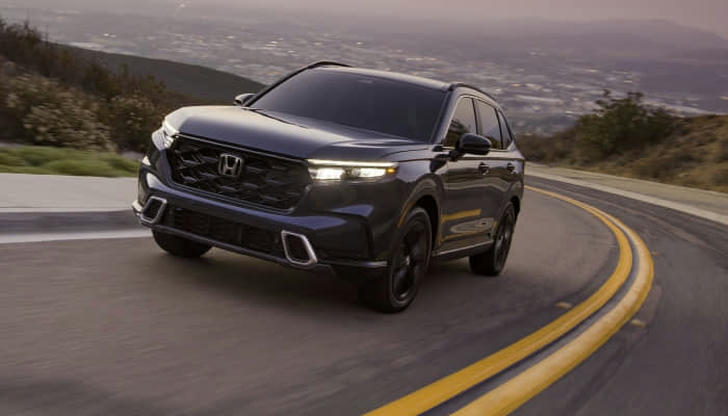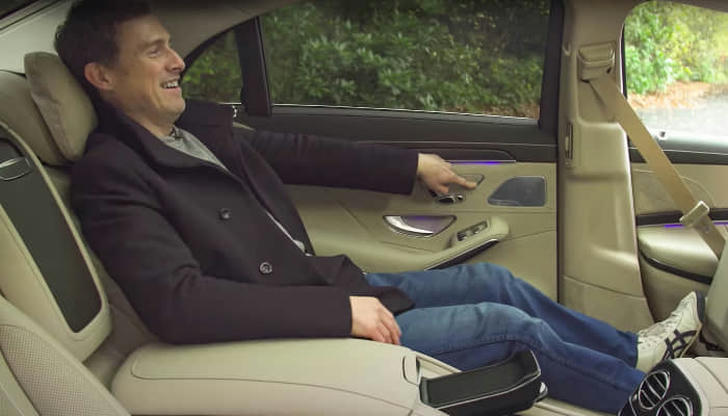Why You Should Choose an SUV for Long-Distance Highway Driving?

As the automotive market continues to evolve, consumers have increasingly diverse options when it comes to choosing vehicle models. Among them, SUVs and sedans stand out as two major mainstream types, each with its own characteristics and advantages. However, if you frequently drive long distances on highways and have experience with both SUVs and sedans, you'll understand why SUVs are better suited for long-distance highway driving. This difference is not only evident in the driving experience but also extends to aspects such as safety and comfort.
1. Driving experience of SUVs on long-distance highways driving is better.
In terms of driving experience, SUVs and sedans offer distinctly different performances. When traveling on highways, SUVs, with their higher ground clearance and larger tires, provide drivers with a broader field of vision, allowing for better observation of road conditions and distance judgment. Sedans, on the other hand, have a relatively lower profile, which can restrict the driver's line of sight.
Moreover, SUVs typically feature sturdier suspension systems, better equipped to handle bumps and vibrations during high-speed travel. This makes SUVs more stable on the highway, reducing driver fatigue. Sedans, with their softer suspension systems, offer superior ride comfort but may experience some sway during high-speed driving, affecting the driver's sense of control.

2. The sturdy structure of SUVs is more resistant to collisions.
Safety is one of the most critical factors in the use of automobiles. During long-distance highway driving, SUVs and sedans also exhibit certain differences in terms of safety.
Due to their higher body and larger tires, SUVs have a relatively higher center of gravity, which increases the risk of rollovers to some extent. However, at the same time, SUVs also have a more robust body structure, which can better protect occupants in the event of a collision. While sedans have lower bodies and more stable centers of gravity, the risk of injury to occupants in the event of a collision may increase due to the vehicle's body structure.
Moreover, SUVs are typically equipped with more active safety features, such as body stability control systems and traction control systems. These features can provide better handling and stability during high-speed driving, thereby reducing the probability of accidents.

3. The spacious seats of SUVs offer greater comfort.
In terms of comfort, SUVs and sedans exhibit certain differences. With its higher body, SUVs offer more spacious headroom for both drivers and passengers, enhancing overall seating comfort. Additionally, SUVs typically have wider and more substantial seat designs, providing better support and envelopment.
Sedans tend to be more compact. While they still offer sufficient seating space, during long-distance highway driving, passengers may experience fatigue due to less comfortable seating. Moreover, sedans generally have poorer sound insulation compared to SUVs, meaning that wind and tire noise during high-speed travel may affect passenger comfort to some extent.

4. The Difference in Fuel Consumption and Maintenance Costs between SUVs and Sedans
Apart from driving experience, safety, and comfort, SUVs and sedans also differ in terms of fuel consumption and maintenance costs. Generally, sedans have lighter bodies and relatively smaller engine power, resulting in lower fuel consumption compared to SUVs. This makes sedans more cost-effective for daily use, appealing to consumers who prioritize economy.
On the other hand, due to their larger size, heavier weight, and higher power demand, SUVs typically have higher fuel consumption. Additionally, the maintenance costs of SUVs may also be relatively higher due to more components and a more complex structure. These factors need to be comprehensively considered by consumers when purchasing a vehicle model.
Conclusion
While sedans may have certain advantages in terms of fuel consumption and maintenance costs, SUVs demonstrate superior performance in driving experience, safety, and comfort during long-distance highway journeys. When choosing a vehicle, it's essential to consider not only factors like price and appearance but also your own practical needs and preferences. The best car is the one that suits your needs, isn't it?
